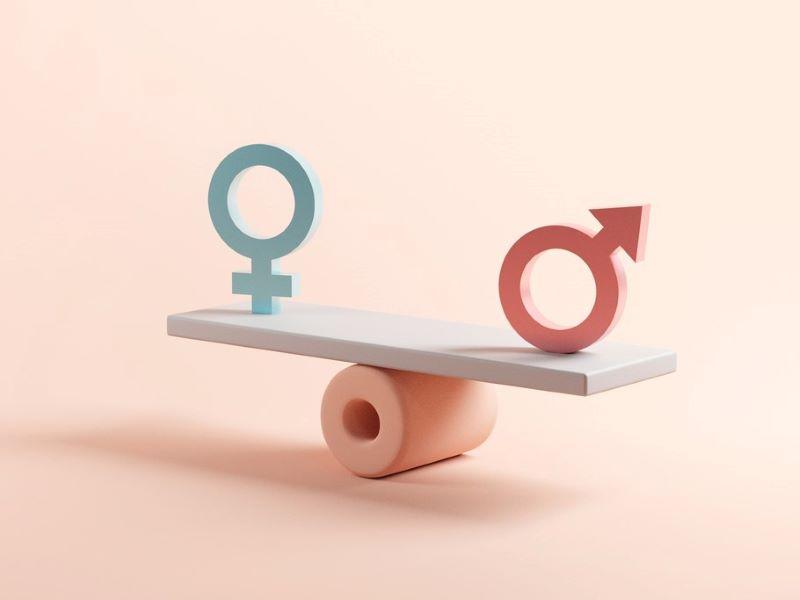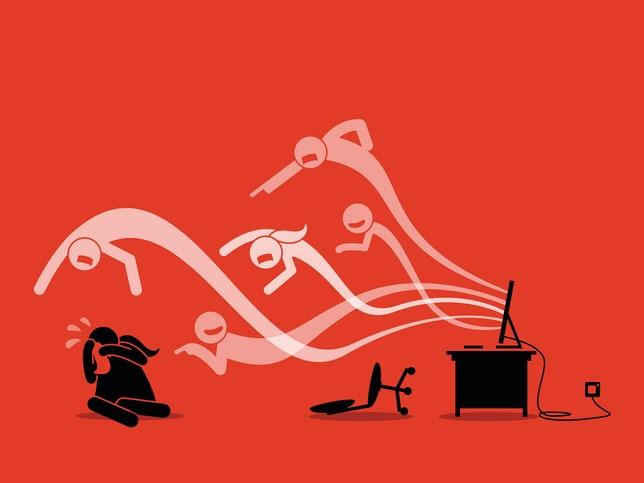In the three decades that followed 1980, incremental improvements in relation to gender equality at Trinity College Dublin were painfully slow. But in 2011, European Union funding was secured for a project aimed at achieving gender equality in research. This four-year project, Institutional Transformation for Effecting Gender Equality in Research (INTEGER), brought together a focused partnership of institutions with a shared commitment to improving the career progression of female science researchers. The sustainable transformational change was supported by the sharing experience, tools and learning through guidelines, case studies, role models, publications, public speaking and other forms of dissemination.
- Boosting female representation in STEM is crucial to global innovation
- Intersectionality and why in 2022 inclusion must allow for multiple identities
- We must dismantle the invisible career barriers in HE
INTEGER led to the Gender Equality Plan (GEP), focusing on four strategic areas:
- empowerment of leadership and decision-makers
- review of policies, procedures and organisational practices that also shape the university’s culture
- career progression and visibility among women academics
- work-life balance.
Gender disaggregated data, analysis and monitoring were at the core of the Gender Equality Plan, driving the prioritised actions. This, in turn, has resulted in broader and more ambitious gender equality projects showing that, in incremental stages, one can build momentum for change. Here are the key lessons we have learned, so far, during this 10-year process:
Change has to start at the top: The election of a new provost, also in 2011, helped pave the way for a more receptive environment that encouraged the provision of unconscious bias awareness training for senior decision-makers, fellows and promotion committees. This coincided with a notable increase in the number of women in decision-making roles, such as college officers and faculty deans. Unconscious bias awareness remains important to challenging attitudes and norms of behaviour. The university has extended this training through workshops for unconscious bias observers who are engaged in recruitment.
Identify where action is needed: At an institutional level, the action plan involved examining the gender composition of university governance – the board and council, college officers, deans, heads of school and membership of university committees. This demonstrated where the gender deficits were and how new appointments could alter it. An objective was then set to ensure that college committee representation should not exceed 60 per cent for any gender. Within 10 years, this was achieved. In 2021, Trinity College Dublin elected its first woman provost since its founding in 1592. Looking back to 1984, when just 5 per cent of chaired professors and 4 per cent of fellows were women, this marks a major step forward.
A focused action plan for gender equality: Once you have identified where key issues lie, you can focus efforts for the greatest impact and efficiency. Actions of fundamental importance to achieving our goal were:
- examining the recruitment and promotion processes
- monitoring the outcomes, annually, of new appointments and promotion calls
- annual monitoring, by gender, of applicants, interviewees and appointments or promotions
- encouraging science, technology, engineering and mathematics (STEM) schools to diversify their selection of external examiners and guest speakers to better reflect the gender composition of the academic community
- engaging women academics in “Soapbox Science” promotion and featuring them in videos capturing what it means to be a scientific researcher, mindful of their influence on the next generation.
Invite mass involvement and participation: Encourage greater buy-in by ensuring that everyone benefits from gender equality work. Gender Equality Plan actions were designed and implemented by INTEGER self-assessment teams with membership from all genders. Staff of all genders were invited to INTEGER events, which included promotion workshops, European Research Council funding masterclasses, talks on demystifying fellowship and the h-index as a measurement of research publications’ impact.
Link with existing gender equality projects: We encourage female staff to get involved in AdvanceHE’s Aurora leadership development initiative, which seeks to address under-representation of women in senior roles. Now entering its second decade in Irish higher education institutions, Aurora works with female academics and university staff to develop and explore issues relating to leadership roles and responsibilities.
Collaborate beyond your campus: Inter-university collaborations provide opportunities for exchange of experience and best practice. We did this via institutional peer review site visits and by inviting speakers from institutions including the Massachusetts Institute of Technology, Michigan and Columbia universities in the US; Tromsø and Lund universities in Norway and Sweden, respectively. In the UK, we engaged with institutions recognised by Athena SWAN – the well-established higher education award for gender equality in the workplace – including Edinburgh, Queen’s University Belfast, York, Cardiff, UCL and Imperial College London.
INTEGER project partners collaborated in identifying good practices to promote gender equality. The overarching questions we sought to resolve were – what works, and could it work for our institution? Finally, there were links established with the sister EU projects Female Empowerment in Science and Technology Academia (FESTA) and GENOVATE (Transforming Organisational Culture for Gender Equality in Research and Innovation).
Build on your knowledge and experience: Through urgent and delicate negotiations, in 2015 we saw the extension of the UK Athena SWAN Charter into Irish higher education. This ensured that gains from the EU gender equality projects would not be rolled back, but would lead to continuous improvements. Lessons from INTEGER were used to shape the EU Horizon 2020 Systemic Action for Gender Equality (SAGE) Project 2016 to 2019, and build on previous good work. Coordinated by Trinity College Dublin, SAGE focused on the following vital components to drive change:
- Gender disaggregated statistics for data-driven actions
- Mainstreamed, coordinated Athena SWAN gender equality plans at institutional and school levels
- Buy-in, from the top down led and bottom-up driven
- INTEGER (now Athena SWAN) self-assessment teams now in place in all 24 university schools, across all three faculties, to draw up and implement their Gender Equality Plans
- Incentives such as a core hours policy limiting meetings to between 10am and 4pm
- Involvement by all genders as champions, Athena SWAN self-assessment team members and chairs
- Unconscious bias awareness training
- Communicate successes via all effective channels, such as Twitter, your institutional website and videos
Much has been achieved, assisted by EU funding, to enable our institution to meet gender equality challenges. For example, the “grade A” professoriate achieved 33 per cent female representation in 2022. However, with the internationalisation of higher education in Ireland, the university needs to adopt an intersectional approach that takes account of the interplay of gender, race, ethnicity, sexual identity and orientation, age, disability, family status and other potential grounds for discrimination. An ongoing challenge will be to ensure a sharp focus on gender in the context of promoting broader equality, diversity and inclusion issues.
Eileen Drew is fellow emeritus and director of the Trinity Centre for Gender Equality and Leadership (TCGEL) at Trinity College Dublin.
INTEGER partners were the Centre National de la Recherche Scientifique in France, Trinity College Dublin in the Republic of Ireland, Siauliai University Centre for Gender in Lithuania, and the Centre of Excellence Women and Science in Germany.
Dr. Drew will take part in the THE and UNESCO IESALC webinar "Gender equality in 2022: How global universities are performing” on 8 March 2022. Register for free to attend.
If you found this interesting and want advice and insight from academics and university staff delivered directly to your inbox each week, sign up for the THE Campus newsletter.




comment